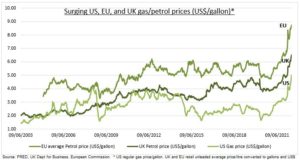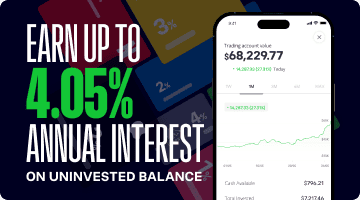GAS: Petrol (gas) prices are surging globally on pent-up travel demand and refining limits. This complicates the lives of consumers, central bankers, and politicians. It’s a tax on consumption, diverts spending from other areas, and boosts inflation. Petrol prices have outpaced the oil rise given a shortage of refining capacity and China’ export controls. This situation may worsen, with forecasts for an above-average US hurricane season, and half US refining capacity on the gulf coast. The winners, at least for now, are the oil refiners from Marathon (MPC) to Valero (VLO).
IMPACT: Rising petrol prices are a consumer drag, over 5% of average US consumer spending, rising to over 12% for the lowest income. Such a visible sign of rising prices is also helping push up inflation expectations. Gasoline may only have 4% weight in US inflation basket but its price rose 49% in the latest May report. Government has been responding to this consumer pain, with twenty US states cutting fuel taxes, adding to estimated $6 trillion of global fossil fuel subsidies.
DIFFERENCES: Petrol prices are a big political issue, driven by high US gas usage, and high European taxes. US cars have below global average fuel efficiency (-20%) but travel twice as far (14,000km) on average per year. UK and EU efficiency is better (+15% over average) and travel less (under 7,000km), but taxes are high. 50% of UK and 60% of EU fuel prices are taxes (fuel duty and VAT). This is triple US, where $18.4c/g Federal gas tax is unchanged since 1993.

All data, figures & charts are valid as of 14/06/2022




